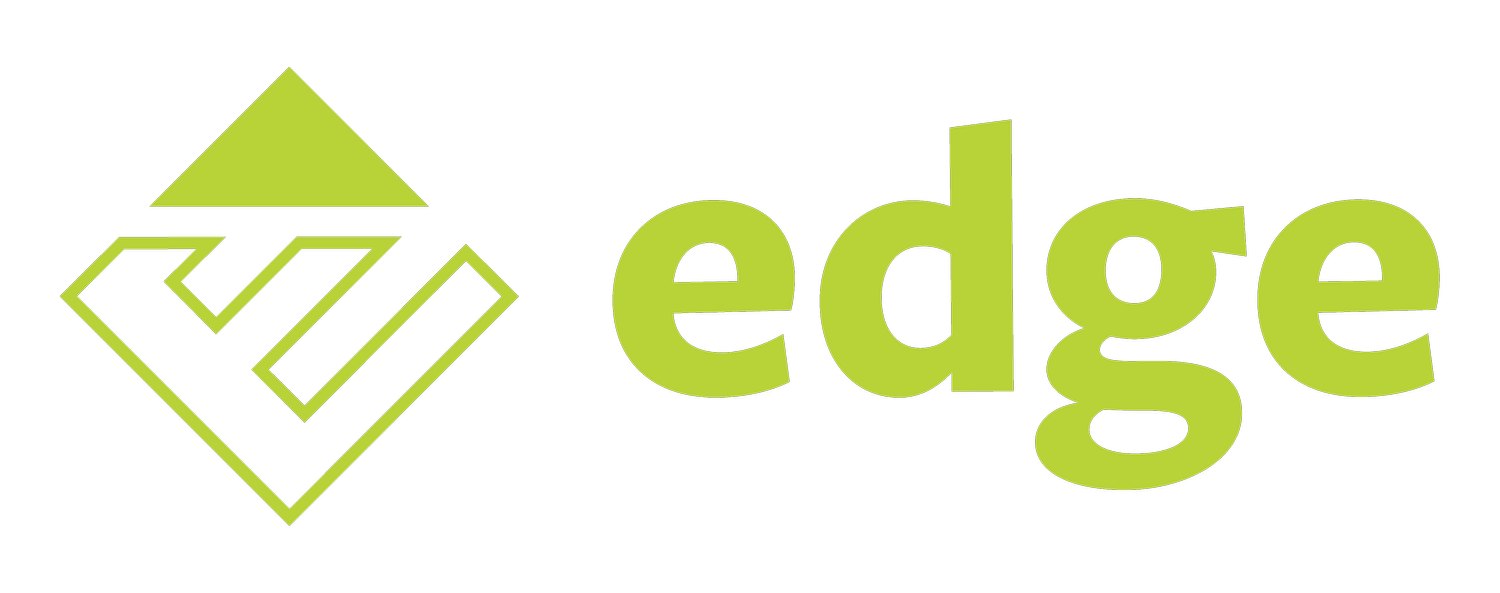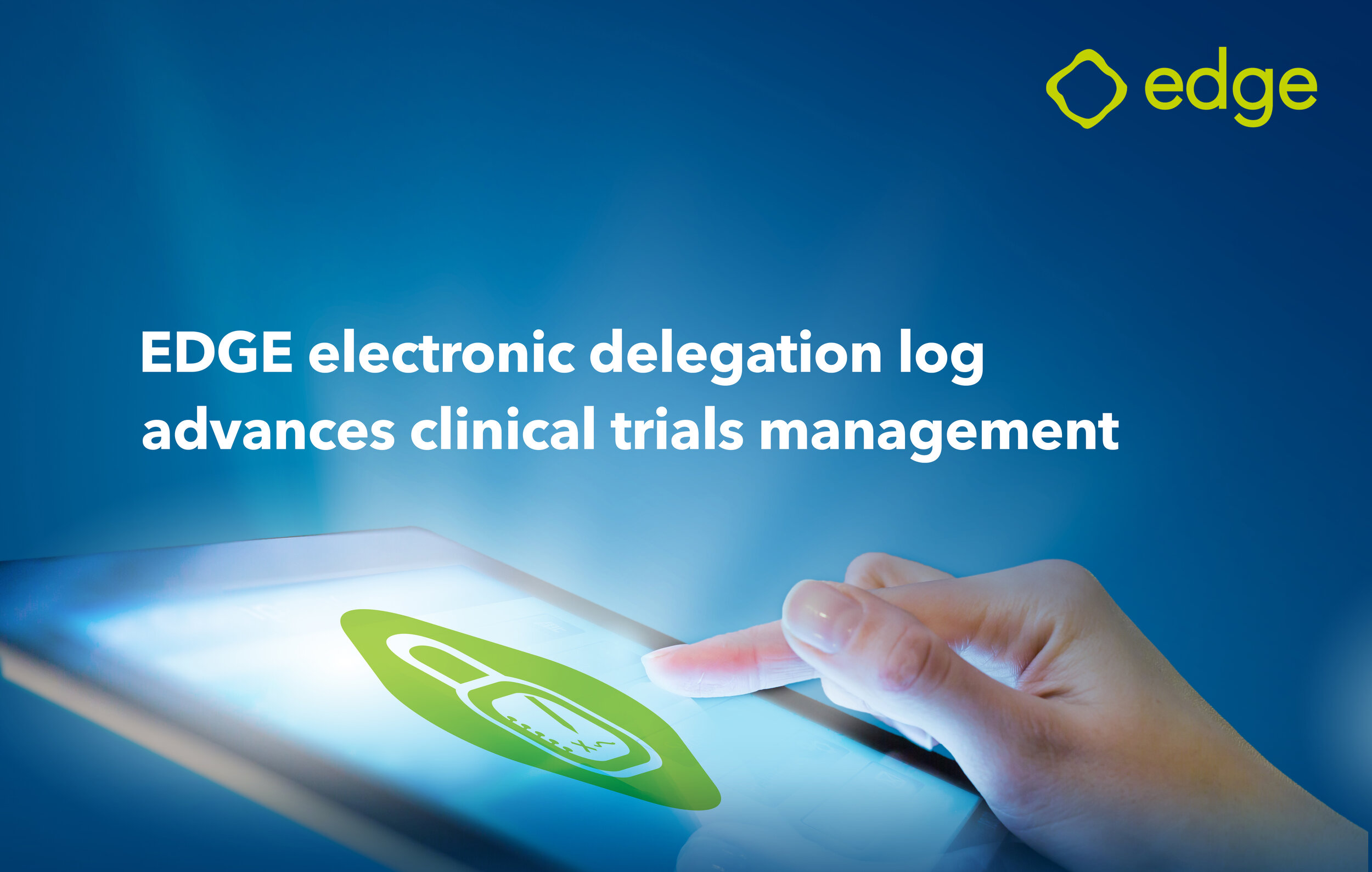It’s been 2 months in lockdown now and our entire department is working from home, so I thought I’d take some time to bring everyone up to speed on what the EDGE team are up to.
Firstly, it hasn’t quite been the start that we hoped for our new developer Grant, a Doctor by training, which is a unique skill set that I am sure will be very valuable. He officially started with us whilst in lockdown, so although we’ve virtually met him, many of us haven’t yet met him in person. Although in the world of remote working and geographically diverse companies, perhaps it isn’t unusual for colleagues to have never met in person?
Our team have daily meetings, and in fact these often becomes multiple daily meetings between sub-groups of us as we work on different projects. Our concentration is heavily EDGE 3 development, using this time to concentrate on designing new specifications for functionality, as well as enhancements for the current functions EDGE 2 already provides. Functions are great, however a system is not built simply on functions. Usability is a very important aspect of systems and a functionally rich application is of little use if nobody can work out how to use it, or find it so confusing or complex that they end up looking for workarounds.
Our team are doing a lot of engaging with many of you to find out how you use the system and gather as much feedback as possible, as well as using the skills and knowledge of our departmental Psychologist Kenny. He is, at this moment, integrating data analysis around how users navigate throughout the system, which functions are most used, and how users navigate to those functions. There are a multitude of different types of people who use EDGE, each with different job roles, so although the search for absolute perfection may end up being fruitless, there are certainly a lot of improvements we already have lined up.
There is currently no fixed release date for EDGE 3, although we are aiming for sometime late in 2021. As we approach that time we can start to be more specific, however until then we have a lot of problems to solve, challenges to overcome, cans of worms to open, ducks to line up and all other types of analogy. However I am confident that EDGE 3 will be the product that we all are hoping for, both in terms of functions available to users, integration possibilities to other systems, and also importantly, a technologically up-to-date framework that allows our developers to continue building new and exciting functions at speed, something which is more difficult currently in EDGE 2.
Now for the sad news. The event of the year for many people, the eminent social and educational soiree that is the yearly EDGE conference is diverging from its usually perennial perpetualness. Or in other words, we’re moving it. Whilst we are in the throws of designing and building EDGE 3, it is perhaps better that we continue to concentrate on this, and when ready, create a conference specifically around the launch of the new version. Our marcoms team, Beth, Gela and Kenny will as always keep you all informed well before the event so that you can book your tickets before they sell out.
Be sure to visit the CIRU website for more information on other work taking place in our department, to keep up to date with what we are up to, or even to browse out staff pictures and put faces to the names of people you often speak with.




